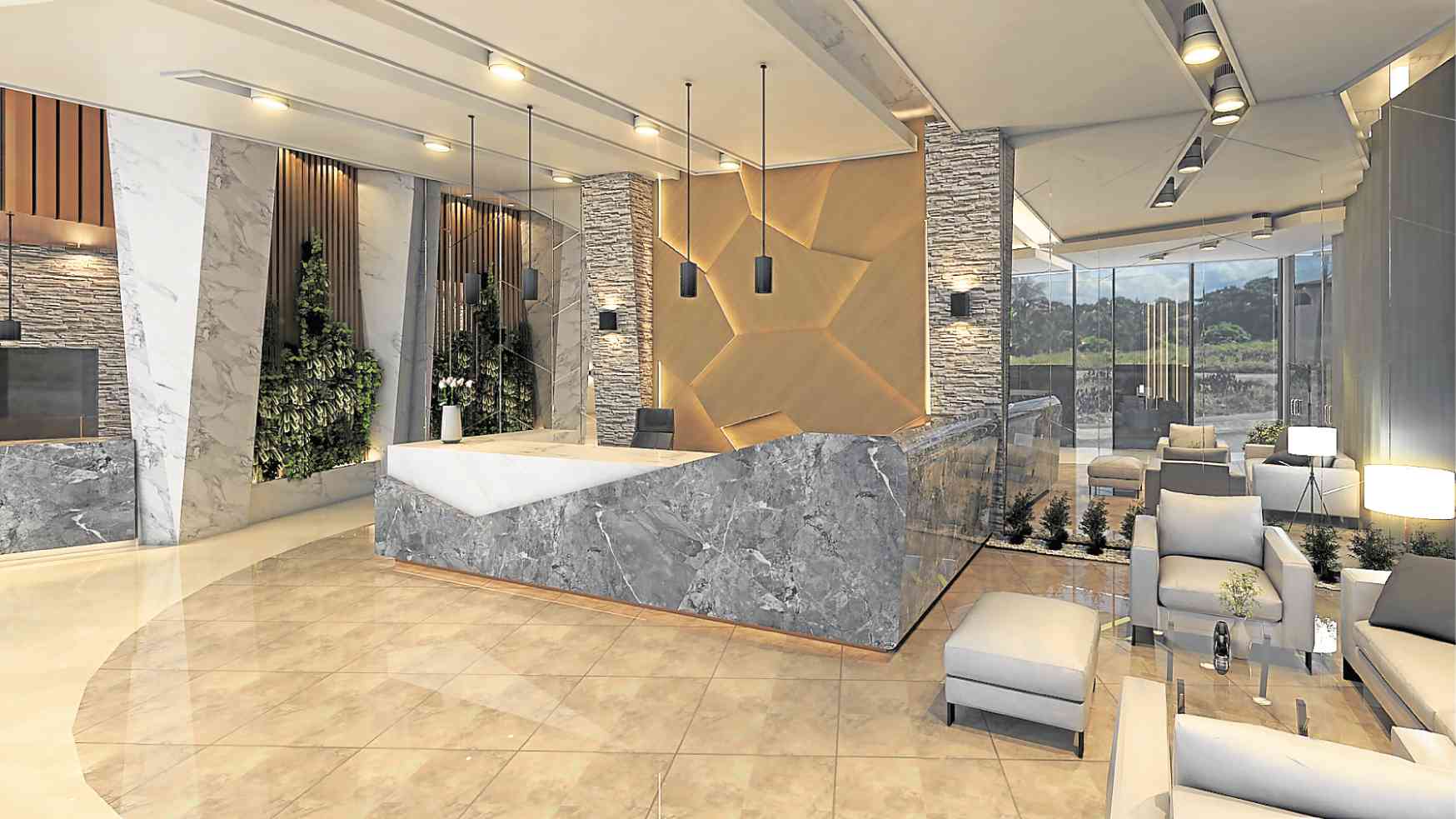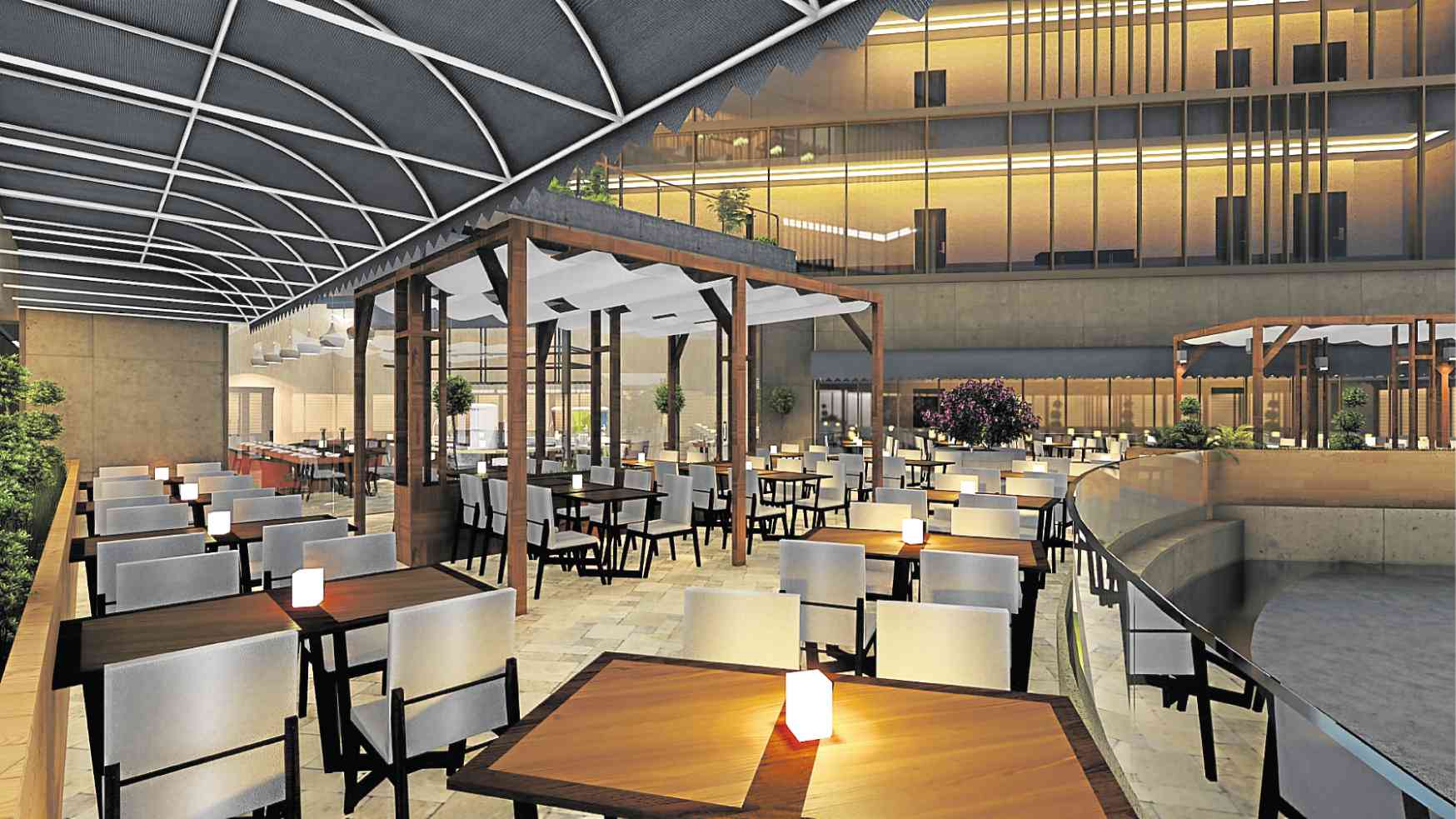Why convert your property into a lifestyle hotel
Conversions are one of the hot topics in the hospitality industry.
Given today’s rampant sharing of travel experiences online, the hotel market is expanding quickly—an opportunity that many are looking to tap. However, building an entire hotel from scratch, even within the scope of boutique hotel requirements, are filled with numerous technical and financial challenges. Converting an existing property with outmoded structures into a bed-and-breakfast stay could thus be a convenient way to jump into the hospitality business with minimal investments if done properly.
Lifestyle hotels
Lifestyle hotels combine the personalized touches and high-quality service of a boutique hotel with the convenience and affordability of big hotel chains. While lifestyle hotels aren’t new, they have grown in popularity over the past decade due to digital culture with a need for peer validation and sense of belongingness.
Themed lifestyle hotels serve as a binding medium to initiate a kind of collective class or affiliated club for shared experiences. These lifestyle hotels are often described as innovative while providing contemporary personal service experiences for guests. They provide that unique sensory engagement from the time guests walk in, the views that enthrall them, the music they hear, down to the design concepts they see, the food and concoctions they try, and the photos they take with their mobile phones.
A lifestyle hotel combines living elements and activities with functional design. It is less focused on guest rooms, but more on pocket public spaces such as the lobby, lounges, hotel bar, food and beverage shops, alfresco gardens, wellness areas, and the like. Most hoteliers nowadays are influenced by the millennial culture, encouraging guests to mingle in a variety of outlet spaces ready with high tech amenities, personalized service offerings and brag-worthy surroundings.
If you are a property owner entering the hospitality business, converting your property into a lifestyle hotel could begin with these considerations.
- Hotel operations
The attention to innovative hotel requirements should be proportional with how millennial travelers have recently shaped the hospitality industry. A good hotel operation should be aware of the younger market demands including smart technologies with 24/7 connectivity, as well as opportunities for various art, cultural and workshop activities. Design and dress up a perfect getaway with controversial or persuasive designs, love of local influences, and of course, dependable digital technology systems.
- Gen X and Baby Boomers
Lifestyle hotels may tick off all the quirks in the list of millennials, but they are not the only generation drawn to shareable ambiance and amenities. In recent years, bed and breakfast resorts have become increasingly popular also among the mature Generation X and Baby Boomers. They, too, are slowly finding themselves attracted to “experience-driven,” “sight-doing” and “sight-seeing” happenings, while enjoying authentic interactions with both local and other guests that only shared spaces can arrange.
- Streamlined, efficient
Lifestyle hotels are a bit more streamlined and efficient in making do with the available resources they have. As an example, large banquet spaces or numerous on-site restaurants may become unpredictable sources of revenue for the more economical hotel owners. Although guest rooms may also be smaller or awkwardly shaped with the limitations of a conversion, many travelers are willing to make this trade-off for conveniences to local attractions or adventures.
- Up-and-coming neighborhoods
Rapidly redeveloping areas where lifestyle hotels are being built may not be ideal for legacy brands, but they could be perfect for travelers who want to feel more integrated into the fabric of a city and be far away from tourist setups. Up-and-coming neighborhoods give lifestyle hotels an insider’s look at a location’s vibrancy, which has its own appeal as a branding strategy.
- Striking a balance
Affordable but decent lifestyle hotels continue to take centerstage as an appealing option for travelers because they strike a balance between pursuing what is new and trendy, with what travelers commonly seek for. Bold and risky designs that pique one’s interest for social sharing with translation of local traditions and values as part of the whole architectural intent are charming combinations.
So, for real estate investors venturing into the hospitality market, business owners who want to take leverage on the industry’s revenues or established hotel owners in need of an expansion path, perhaps lifestyle hotels or budget bed and breakfast inns through property conversion might be the sensible and feasible way to go.
The author manages his own architectural and technology studio focusing on unique and future design specialties for hotels, condominiums, museums, commercial and mixed-use township developments with a pursuit for the meta-modern in the next Philippine architecture.



